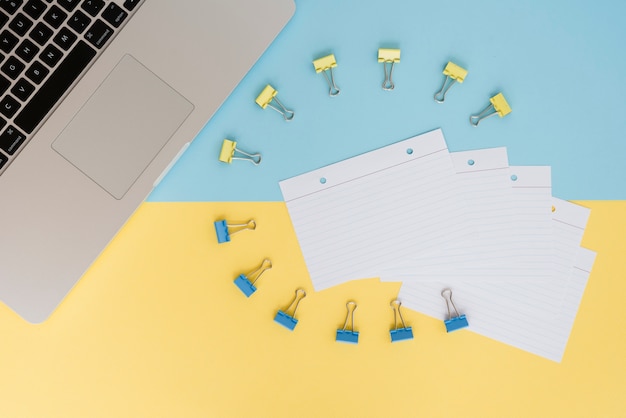
As I near my eighth year of freelancing, I can’t help but think about all the ups and downs I’ve experienced—there have been plenty of rewarding times, tough challenges, and significant achievements. Making extra money through freelancing is great, but it’s crucial to keep in mind the tax responsibilities involved. After learning from my own tax mistakes, I hope to share some insights to help you avoid similar issues.
One of the things I love most about freelancing is the flexible income, and it seems many people feel the same way. With today’s economic struggles, like inflation, more folks are turning to side gigs and different income sources. Just remember, if you make over $400 a year from freelancing, you need to report that on your taxes.
Setting money aside for taxes is crucial. When I started freelancing, I was lucky enough to know other successful bloggers and freelancers who emphasized the importance of saving part of your earnings for taxes. Even back in 2015, when I wasn’t sure how much I’d make, I managed to pull in about $9,000 from freelancing. Thanks to their advice, I set aside about 25% of that for taxes.
Still, I made several tax mistakes when I was new to freelancing, and here are four that you should steer clear of:
1. Not opening a business bank account: When I first started seeing success, I didn’t think to open a separate bank account. I was all about earning extra money to pay off debts, which made it hard to separate my freelance and regular income come tax time. Having a business bank account really helps in keeping track of your freelance earnings and expenses, making tax season much easier.
2. Missing quarterly tax deadlines: I was used to filing taxes once a year, but as a freelancer, you need to meet quarterly deadlines since taxes aren’t automatically taken out. I initially got fined for missing these deadlines, but now, with my accountant’s help, I make sure to stay on top of them.
3. Not keeping track of monthly expenses: A common mistake is not properly tracking business expenses. Keeping a record of these allows you to write them off at tax time. I struggled with this in my first two years, but using bookkeeping software really helped me manage and categorize my business transactions.
4. Not double-checking income with 1099 forms: Mistakes can happen, even from your clients. They might report wrong amounts to the IRS, so always compare your 1099 forms with your own records to avoid any discrepancies.
In conclusion, despite making several tax mistakes early on in my freelancing journey, hiring a CPA familiar with freelancers from the beginning was a real lifesaver. Freelancing offers a steep learning curve, so it’s worth taking the time to understand it, and if you can, learn from others to avoid common pitfalls.